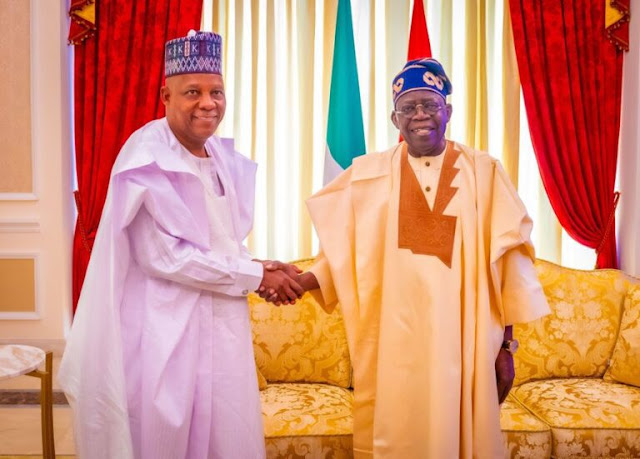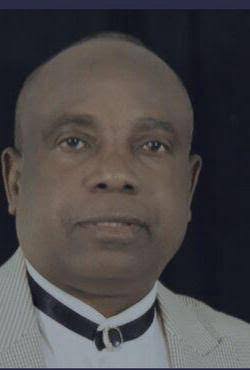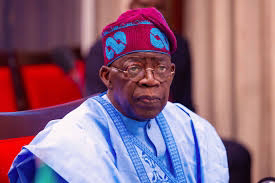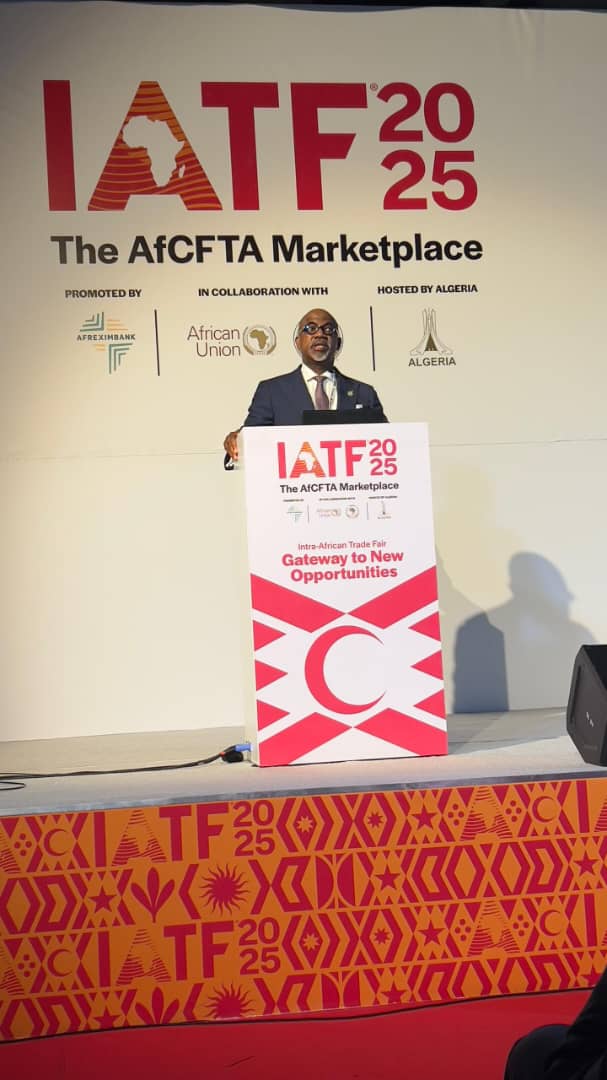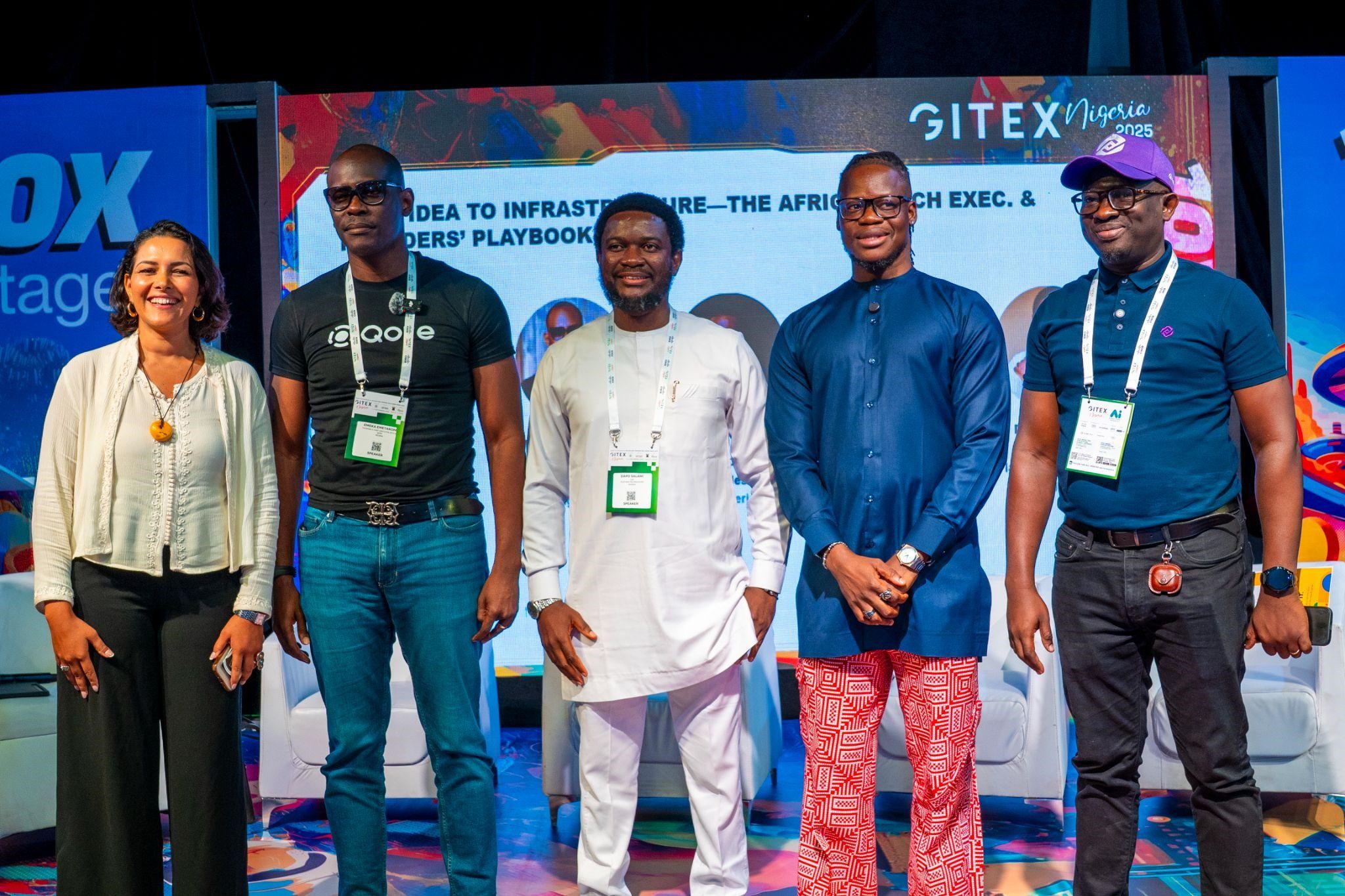In a display of national pride and recognition of intellectual excellence, President Bola Ahmed Tinubu has extended heartfelt congratulations to Vice President Kashim Shettima and other distinguished Nigerians who were recently conferred with the prestigious Fellowship of the Nigerian Economic Society (NES). The conferment, which took place during the 65th Annual Conference of the NES in Abuja, marks a significant milestone for the recipients, acknowledging their outstanding contributions to Nigeria’s economic discourse and policy development. The event, held at a time when Nigeria grapples with multifaceted economic challenges, underscores the importance of intellectual leadership in shaping the nation’s future.
A Moment of Recognition for Vice President Shettima
President Tinubu’s congratulatory message, issued through a statement by his Special Adviser on Media and Publicity, Ajuri Ngelale, highlighted Vice President Shettima’s exemplary leadership and intellectual acumen. The president described the NES Fellowship as a well-deserved honor, reflecting Shettima’s dedication to public service and his impactful contributions to Nigeria’s economic landscape. The statement emphasized that the vice president’s recognition by the NES is a testament to his commitment to advancing economic scholarship and policy formulation in Nigeria.
Shettima, a former governor of Borno State and a seasoned public servant, has long been regarded as a thought leader in Nigeria’s political and economic spheres. His tenure as governor was marked by innovative approaches to governance, particularly in addressing the economic and security challenges in the Northeast. His elevation to the vice presidency in 2023 further amplified his influence, positioning him as a key figure in the Tinubu administration’s economic reform agenda. The NES Fellowship, therefore, serves as a formal acknowledgment of his intellectual contributions to Nigeria’s development.
The conferment ceremony, held in the nation’s capital, Abuja, was a gathering of Nigeria’s brightest economic minds. The Nigerian Economic Society, established in 1957, is one of the country’s most respected professional bodies, dedicated to promoting economic research, policy analysis, and intellectual exchange. The fellowship award is one of the highest honors bestowed by the NES, reserved for individuals who have made exceptional contributions to economic scholarship, policy advocacy, or public service. For Shettima, this recognition underscores his role as a bridge between academia and governance, a rare feat in Nigeria’s often polarized intellectual and political landscapes.
Other Distinguished Recipients
In addition to Vice President Shettima, President Tinubu also extended his congratulations to other notable Nigerians honored with the NES Fellowship. While the original statement did not list the names of the other recipients, it is worth noting that the NES typically recognizes a diverse group of individuals, including academics, policymakers, and industry leaders, who have demonstrated excellence in their respective fields. These individuals, through their work, have contributed to shaping Nigeria’s economic policies, addressing challenges such as inflation, unemployment, and foreign exchange volatility, which have been persistent issues in the country’s economic narrative.
The conferment of the NES Fellowship on these individuals highlights the society’s commitment to fostering a culture of excellence in economic thought and practice. The recipients are expected to continue playing pivotal roles in addressing Nigeria’s pressing economic challenges, including the need for inclusive growth, sustainable development, and resilience in the face of global economic uncertainties. President Tinubu’s recognition of these awardees reflects his administration’s emphasis on leveraging intellectual capital to drive national development.
The Significance of the NES Fellowship
The Nigerian Economic Society has a long-standing reputation as a beacon of intellectual rigor in Nigeria. Founded in the pre-independence era, the NES has played a critical role in shaping economic policy and fostering dialogue among economists, policymakers, and stakeholders. Its annual conferences serve as platforms for discussing pressing economic issues, ranging from fiscal policy and monetary reforms to industrialization and poverty alleviation. The 65th Annual Conference, where the fellowship awards were conferred, was no exception, bringing together thought leaders to deliberate on Nigeria’s economic trajectory.
The NES Fellowship is not merely a ceremonial accolade; it carries significant weight in Nigeria’s academic and policy communities. Fellows of the NES are regarded as custodians of economic knowledge, tasked with mentoring the next generation of economists and influencing policy at the highest levels. For Vice President Shettima and his fellow awardees, the fellowship represents both an honor and a call to action—a mandate to continue contributing to Nigeria’s economic renaissance.
In his statement, President Tinubu emphasized the importance of intellectual leadership in addressing Nigeria’s economic challenges. He noted that the country’s progress depends on the ability of its leaders to harness knowledge and innovation to drive sustainable development. The president’s remarks resonate with the broader goals of his administration, which has prioritized economic diversification, job creation, and infrastructure development as key pillars of its agenda.
Contextualizing Nigeria’s Economic Challenges
To fully appreciate the significance of the NES Fellowship and President Tinubu’s congratulatory message, it is essential to contextualize the economic challenges facing Nigeria in 2025. Since assuming office in May 2023, the Tinubu administration has faced a complex economic landscape characterized by high inflation, currency depreciation, and a heavy reliance on oil revenue. These challenges have been compounded by global economic headwinds, including supply chain disruptions and fluctuating commodity prices.
One of the administration’s flagship policies has been the removal of fuel subsidies, a decision that sparked widespread debate and protests in 2023. While the policy was aimed at reducing fiscal strain and redirecting resources to critical sectors such as education and healthcare, it led to an immediate increase in the cost of living, placing significant pressure on ordinary Nigerians. The administration has also pursued reforms in the foreign exchange market, including the unification of exchange rates, to attract foreign investment and stabilize the naira. However, these reforms have yielded mixed results, with the naira experiencing volatility against major currencies.
Against this backdrop, the role of intellectual leaders like Vice President Shettima and other NES fellows becomes even more critical. Their expertise is needed to navigate the complexities of Nigeria’s economy and propose evidence-based solutions to longstanding challenges. For instance, addressing youth unemployment, which remains a ticking time bomb in Nigeria, requires innovative policies that promote entrepreneurship, skills development, and job creation. Similarly, tackling inflation and ensuring food security demand a combination of fiscal discipline, agricultural investment, and strategic trade policies.
The NES Fellowship recipients are uniquely positioned to contribute to these efforts. As thought leaders, they can influence policy through research, advocacy, and direct engagement with policymakers. Their recognition at the 65th Annual Conference serves as a reminder of the critical role that intellectual capital plays in nation-building.
Vice President Shettima’s Contributions to Economic Discourse
Vice President Shettima’s conferment as an NES Fellow is particularly noteworthy given his track record in public service. During his tenure as governor of Borno State from 2011 to 2019, Shettima implemented policies that addressed the economic fallout of the Boko Haram insurgency in the Northeast. His administration focused on rebuilding infrastructure, supporting displaced communities, and promoting economic recovery in a region devastated by conflict. These efforts earned him widespread recognition as a pragmatic and forward-thinking leader.
As vice president, Shettima has continued to play a pivotal role in shaping Nigeria’s economic agenda. He has been a vocal advocate for policies that promote industrialization, digital innovation, and regional integration. His contributions to the Tinubu administration’s economic blueprint, including the “Renewed Hope” agenda, have been instrumental in driving the government’s vision for a prosperous Nigeria.
Shettima’s recognition by the NES also highlights his ability to bridge the gap between theory and practice. Unlike many political leaders, he has consistently engaged with academia, drawing on research and data to inform his policy decisions. His conferment as an NES Fellow is a formal acknowledgment of this approach, positioning him as a role model for future leaders who seek to combine intellectual rigor with practical governance.
The Broader Implications of the NES Fellowship
The conferment of the NES Fellowship on Vice President Shettima and others carries broader implications for Nigeria’s development trajectory. At a time when the country faces significant economic headwinds, the role of intellectual leadership cannot be overstated. The NES, through its fellowship program, is fostering a community of experts who can drive evidence-based policymaking and contribute to Nigeria’s long-term prosperity.
Moreover, the recognition of public servants like Shettima underscores the importance of collaboration between government and academia. Too often, these two spheres operate in silos, with policymakers ignoring the insights of researchers and academics failing to engage with the realities of governance. The NES Fellowship serves as a bridge between these worlds, encouraging dialogue and collaboration to address Nigeria’s most pressing challenges.
President Tinubu’s congratulatory message also sends a powerful signal about his administration’s priorities. By celebrating intellectual excellence, the president is emphasizing the need for knowledge-driven governance. This approach aligns with global trends, where countries are increasingly relying on data, research, and innovation to address complex challenges such as climate change, economic inequality, and technological disruption.
The Role of the Nigerian Economic Society
The Nigerian Economic Society deserves commendation for its role in fostering economic scholarship and recognizing outstanding contributions to the field. Over its 68-year history, the NES has remained a vital institution, providing a platform for economists to share ideas, critique policies, and propose solutions. Its annual conferences, such as the 65th edition held in Abuja, are critical forums for shaping Nigeria’s economic narrative.
The NES has also been instrumental in mentoring young economists, many of whom go on to occupy influential positions in government, academia, and the private sector. By conferring fellowships on individuals like Vice President Shettima, the NES is not only recognizing past contributions but also setting expectations for future impact. Fellows are expected to serve as ambassadors of economic excellence, advocating for policies that promote inclusive growth and sustainable development.
Looking Ahead: The Path to Economic Prosperity
As Nigeria navigates its economic challenges, the contributions of NES fellows like Vice President Shettima will be crucial. The Tinubu administration has set ambitious goals for economic transformation, including achieving double-digit GDP growth, reducing poverty, and positioning Nigeria as a global economic powerhouse. These goals, while laudable, require a concerted effort from all stakeholders, including government, academia, the private sector, and civil society.
The NES Fellowship recipients have a unique opportunity to shape this agenda. Through their expertise, they can provide the intellectual foundation for policies that address Nigeria’s structural challenges, such as its over-reliance on oil, inadequate infrastructure, and weak institutions. They can also advocate for reforms that empower marginalized groups, including women, youth, and rural communities, ensuring that economic growth is inclusive and equitable.
President Tinubu’s congratulatory message is a call to action for the NES fellows and other stakeholders. It is a reminder that Nigeria’s future depends on the collective efforts of its brightest minds. As the country moves forward, the contributions of intellectual leaders will be critical in charting a path to prosperity.
Conclusion
The conferment of the NES Fellowship on Vice President Kashim Shettima and other distinguished Nigerians is a moment of pride for the nation. It reflects the importance of intellectual leadership in addressing Nigeria’s economic challenges and advancing its development agenda. President Tinubu’s heartfelt congratulations underscore his administration’s commitment to fostering a culture of excellence and collaboration between government and academia.
As Nigeria stands at a critical juncture in its history, the contributions of NES fellows will be instrumental in shaping the country’s future. Their expertise, vision, and dedication to public service will play a pivotal role in driving economic growth, promoting social justice, and ensuring a brighter future for all Nigerians. The 65th Annual Conference of the NES, with its celebration of intellectual excellence, serves as a beacon of hope for a nation striving to overcome its challenges and realize its immense potential.


